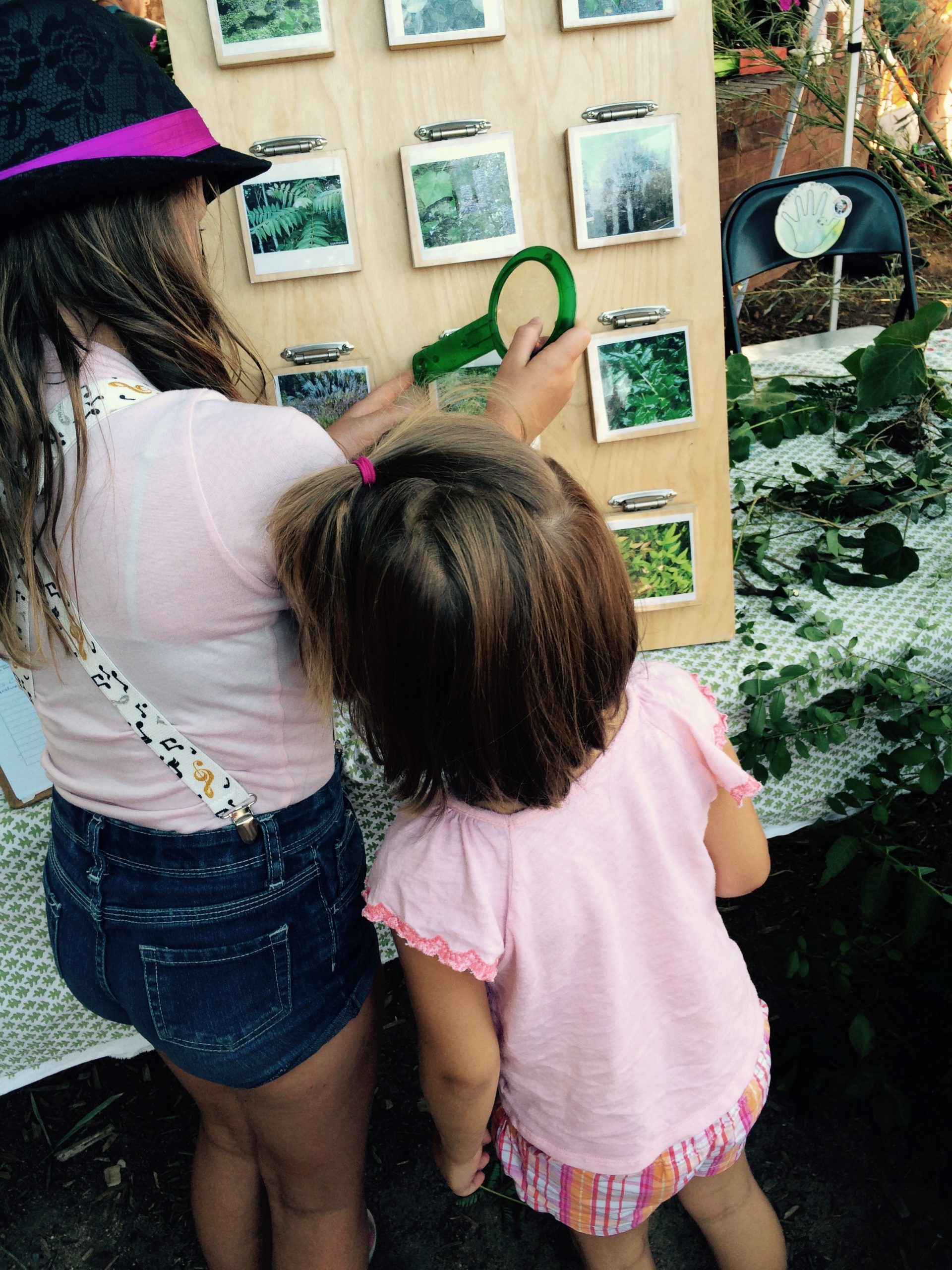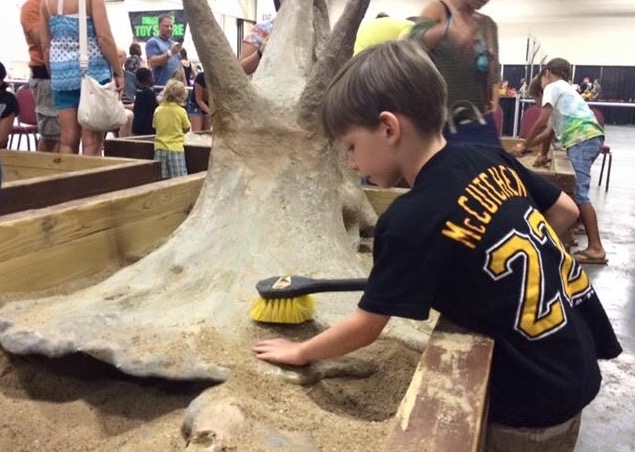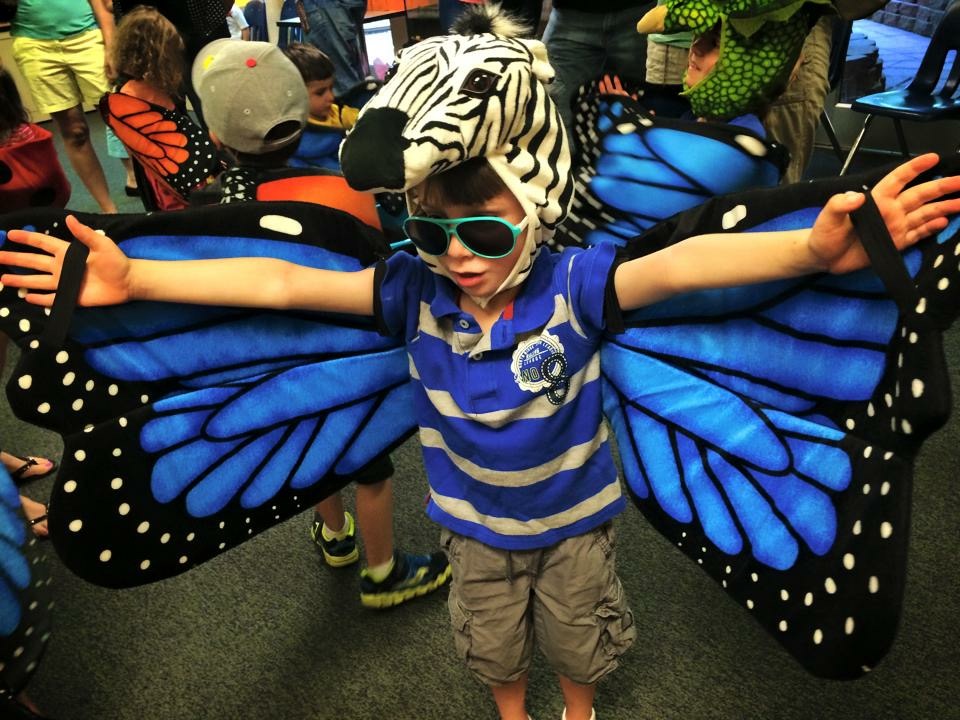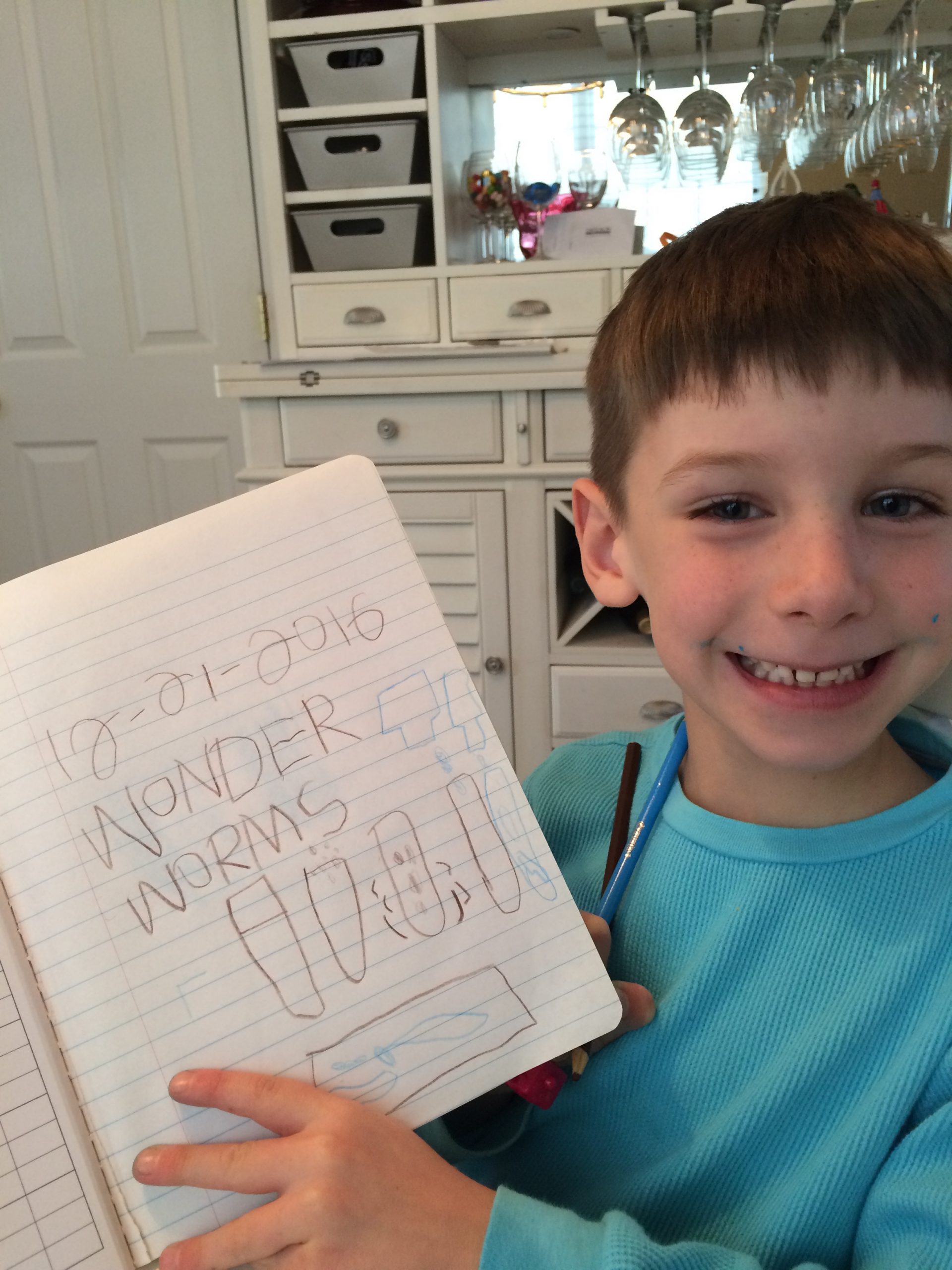When schools refer to student engagement, they refer to how much a student pays attention, is curious, displays interest, is optimistic and passionate with learning.

Survey Results of Student Engagement
According to a new survey conducted by Gallup, found that half of adolescents report feeling engaged in school and a fifth are actively disengaged.
Student engagement is a topic that is consuming the attention of our schools. It holds the key to addressing problems of low achievement, student boredom, and dropout rates. The increased interest centers on school improvement and a growing awareness of the connection between becoming disengaged and leading to dropping out of school. According to the latest Gallop pole, engagement has progressively dropped from grade 5 through grade 11 with a very slight increase in grade 12. The report indicates how many students feel engaged.
• Grade 5 – 75%
• Grade 6 – 67%
• Grade 7 – 55%
• Grade 8 – 45%
• Grade 9 – 41%
• Grade 10 – 33%
• Grade 11 – 32%
• Grade 12 – 34%
This survey basses engage measurements on school environments and relationships with adults. It also includes perceptions on the way teachers value their students.
Another study of 1,500 classrooms conducted by Dr. Mike Schmocker, found 85 percent had engaged less than 50 percent of the students. This is whether students are involved in teacher-directed learning or student-directed learning.
 How Do We Know Students Are Engaged?
How Do We Know Students Are Engaged?
In order for learning to take place and transfer to the students, students must be active and involved. Students that are engaged take ownership of the knowledge.
• They track the activity with their eyes, be it teacher or student led.
• Students ask questions, explain, conduct experiments, explore and present findings.
• There is student-to-student/teacher activity and interaction.
• They keep a notebook of processes and procedures.
• They follow requests of students and/or the teacher.
What Students Think About Engagement
Students in grade 5 through high school want interaction with others. They believe that they learn by doing and through the use of technology. Students like connecting with the world around them. They want relationships between what they are learning and the real world. Today’s students want movement and visuals within the classroom. They learn from visuals that create a clear picture of their topics of interest. Freedom on choosing what they want to learn motivates and engages students.
Tips on Engaging Students and Children
As educators and parents, we want our children and students to be engaged in their learning. Engaged learning is fostered through a number of methods.
• Make the connection to real life.
• Utilize what the person is interested in or fascinated about.
• Provide several different formats to foster the learning.
• Show children/students how to self-evaluate their skills.
• Provide choices through the learning.
• Let the student/child set the pace.
When a sincere effort is made to engage students in a topic, they stay focused. They have control of their behavior and can grasp and retain the material.
Regardless of the data, as an educator, I believe that teachers give it their best to engage all students. They connect the learning to prior knowledge and make it meaningful. Teachers understand and support a student’s sense of control over goals. Many educators engage students in collaborative and cooperative learning. Through this, they establish positive relationships. Teachers strive to help students make individual progress and to show improvement and effort.



